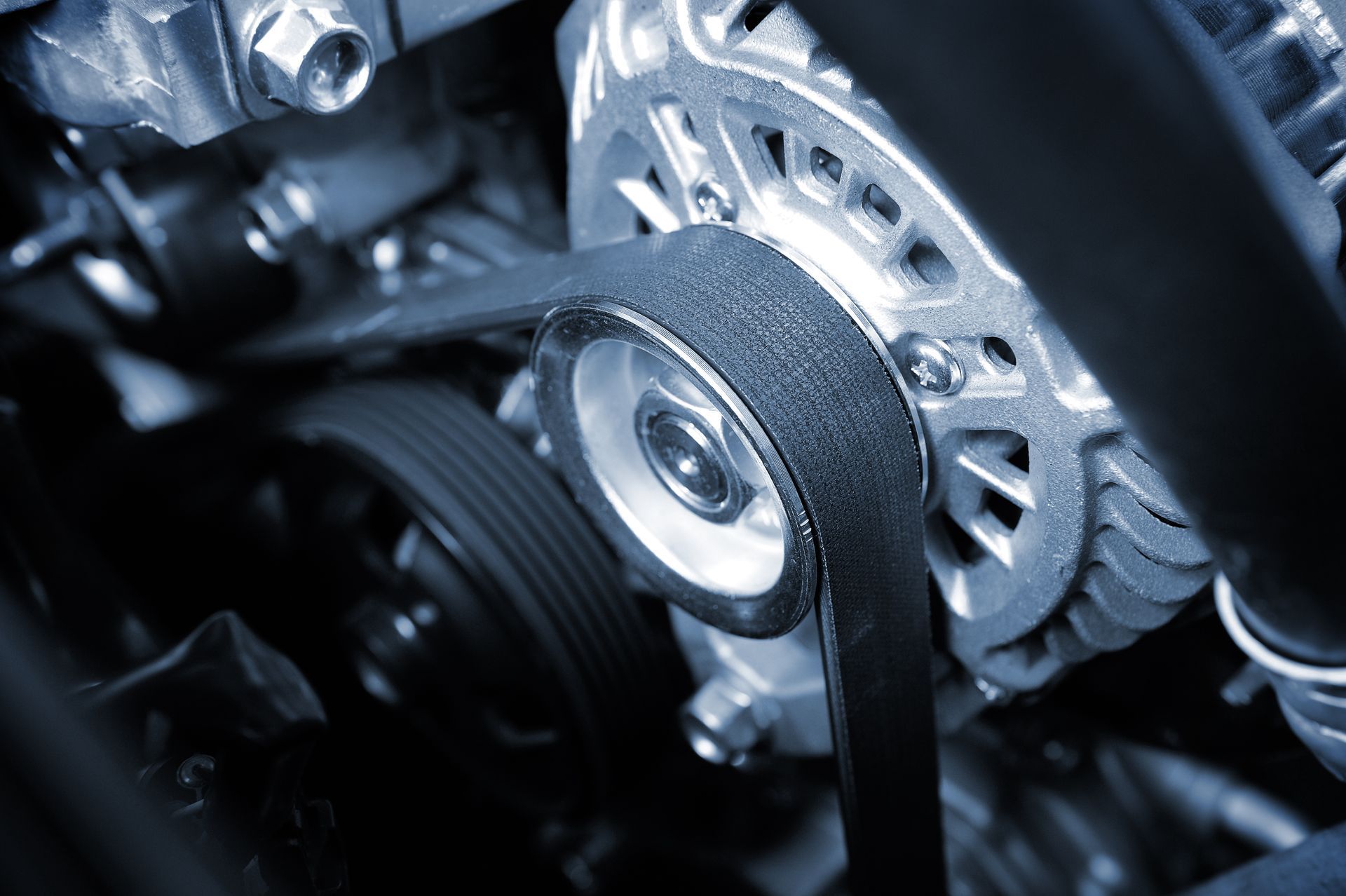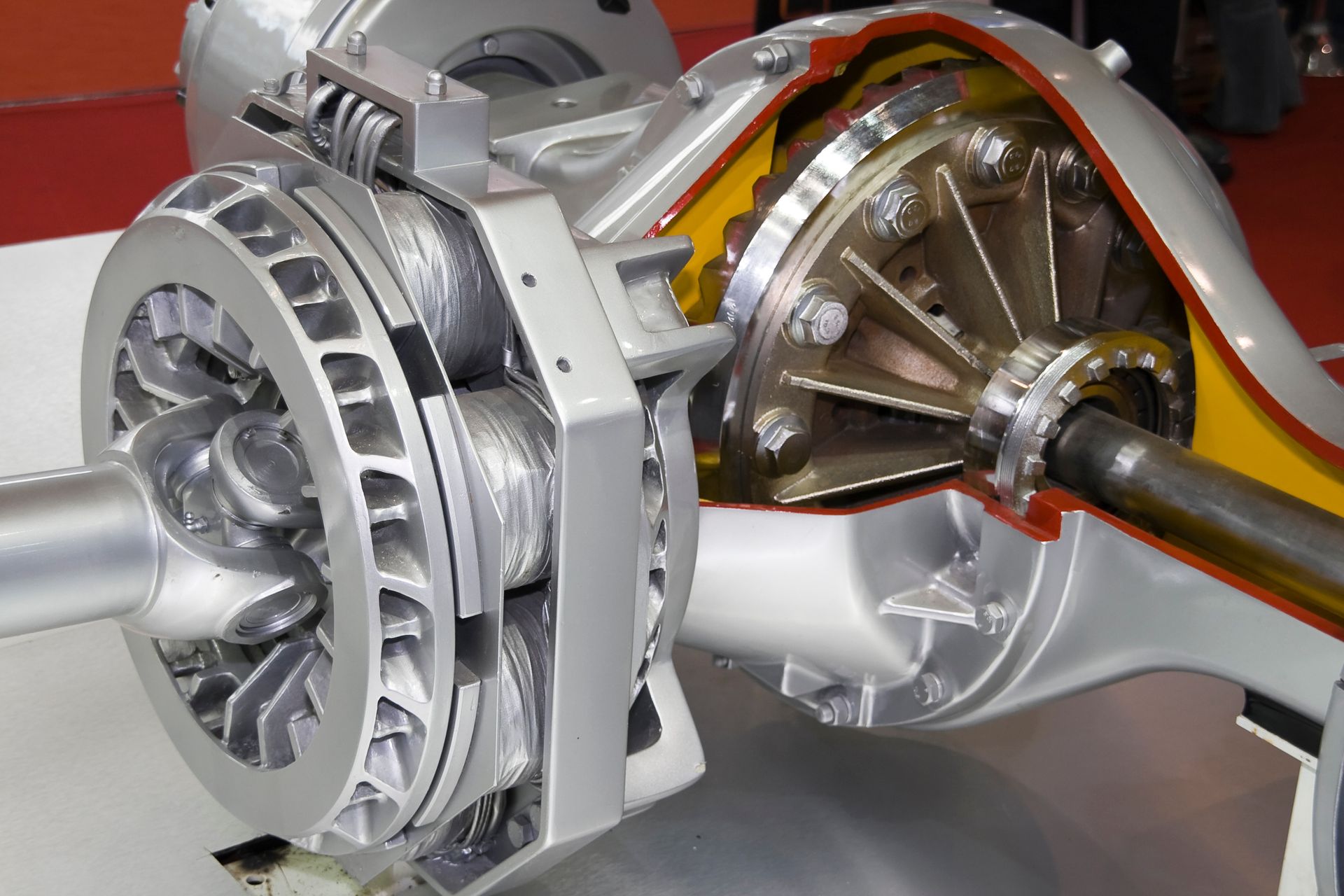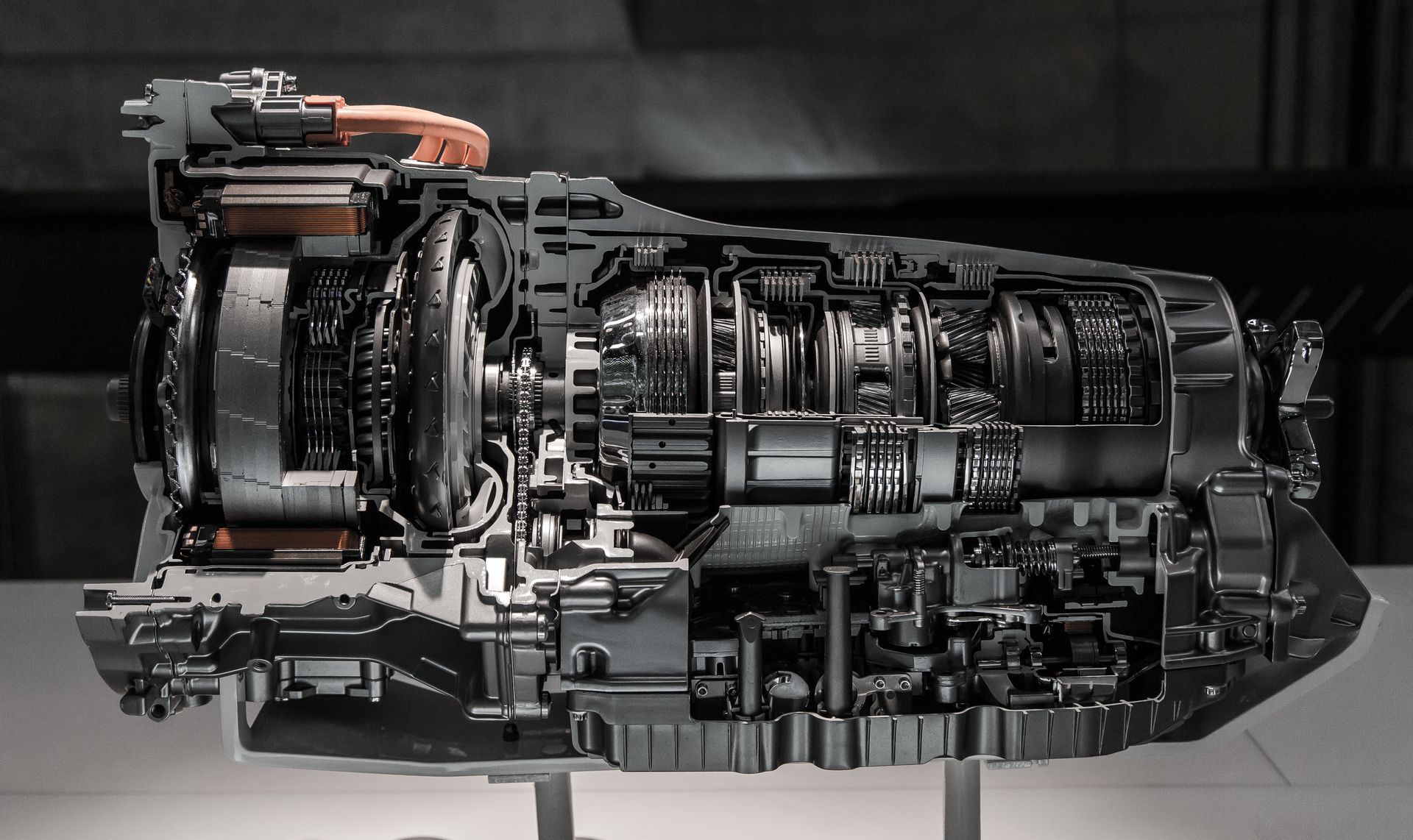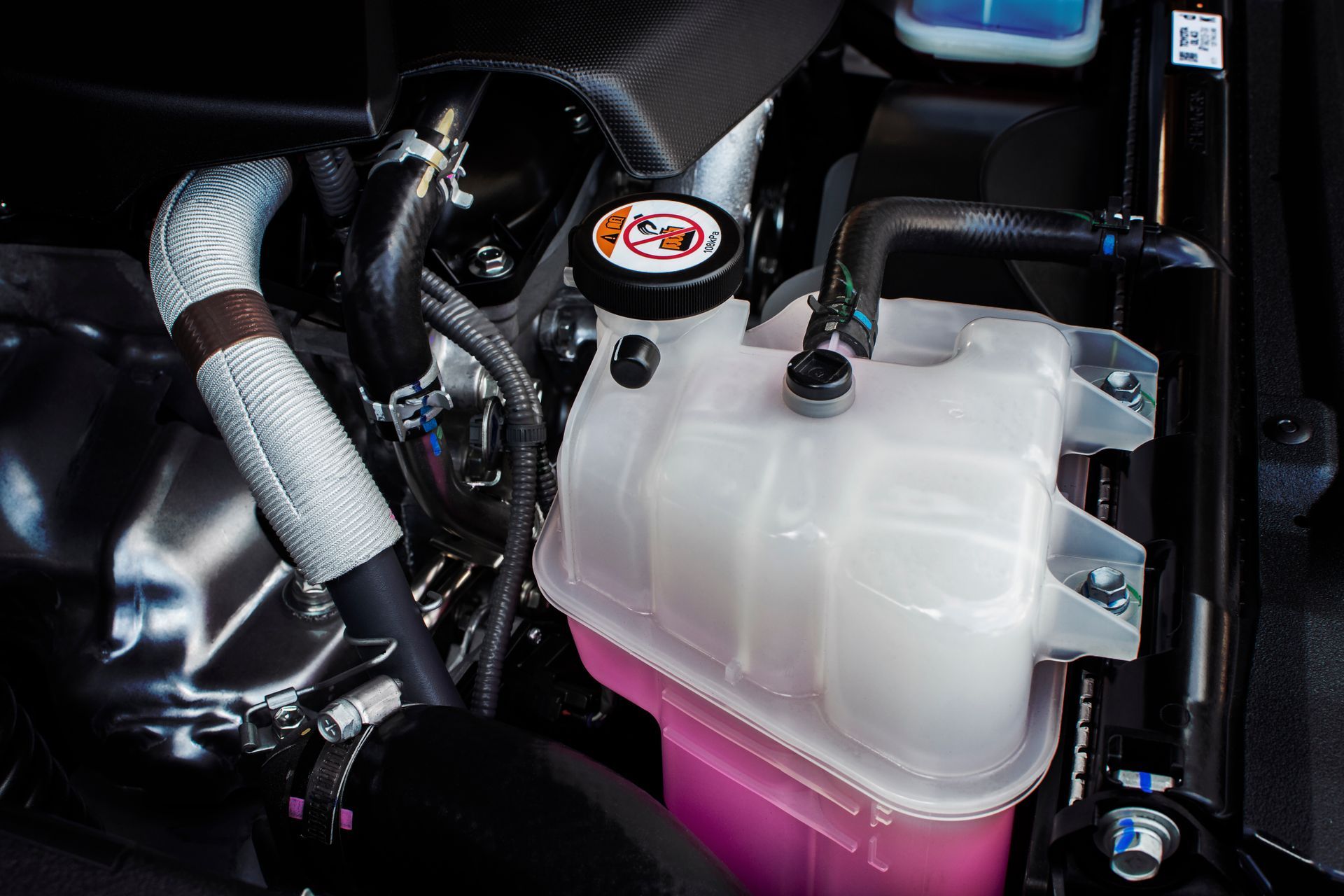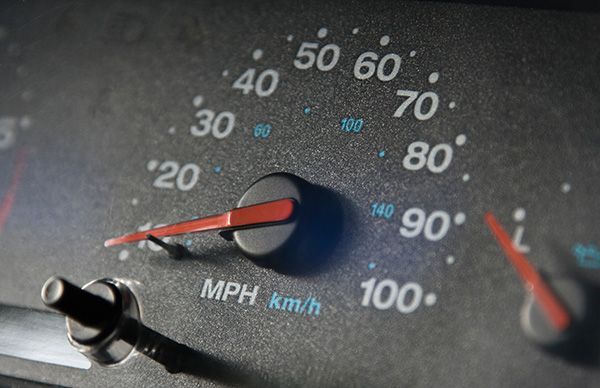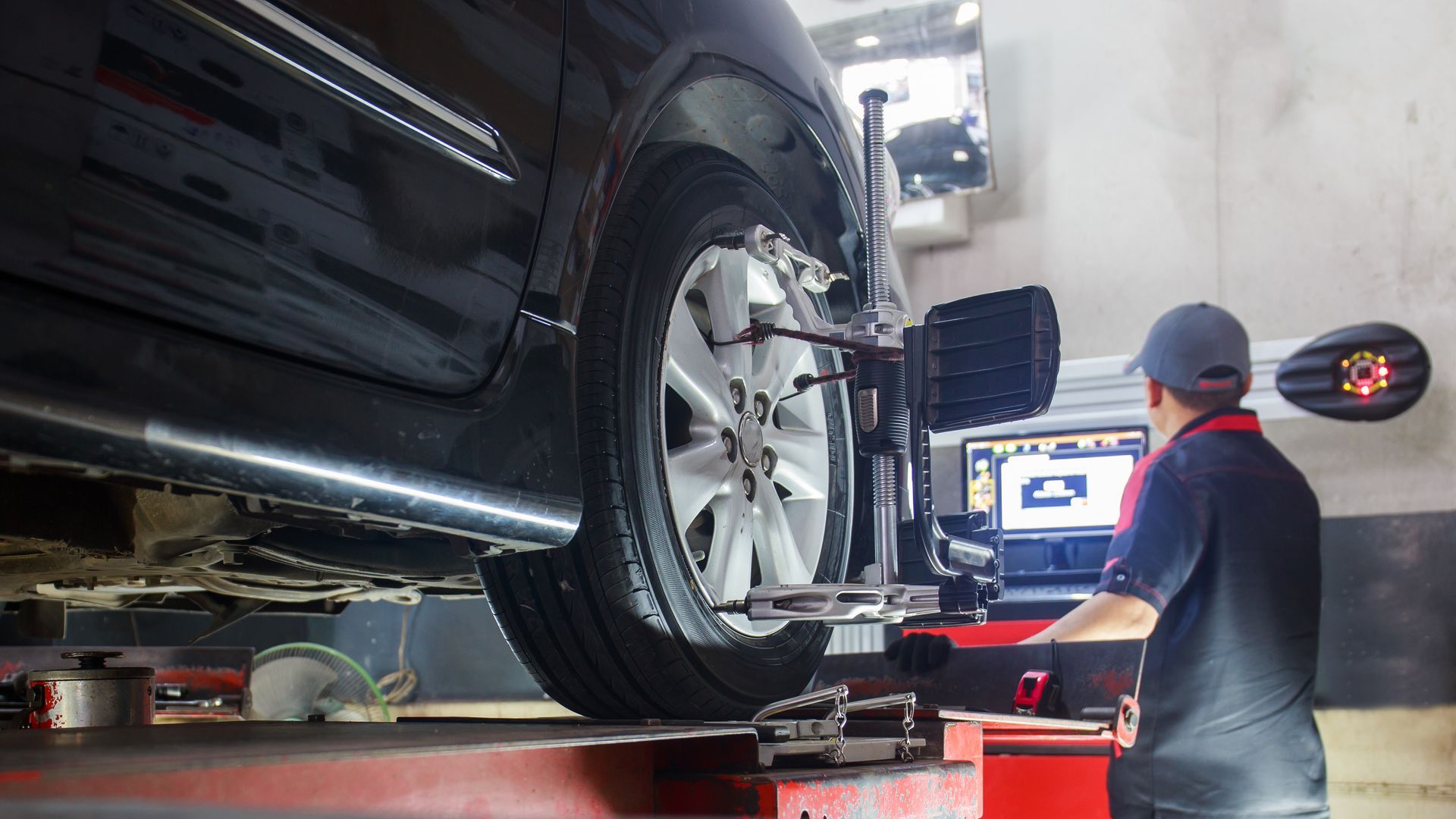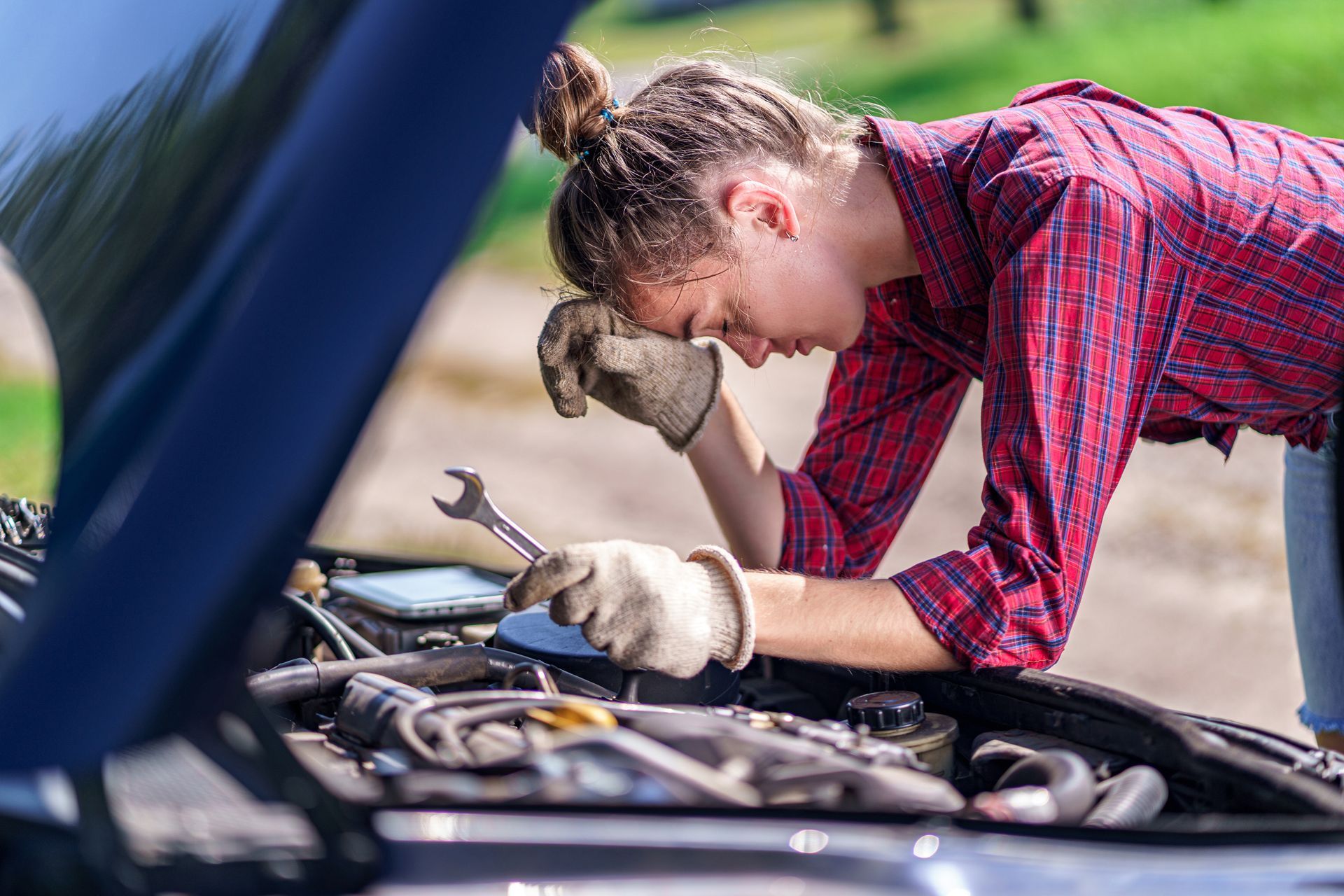Finding small oil spots on your driveway or noticing a faint burning smell under the hood can be concerning, but many drivers wonder if a slow oil leak really needs immediate attention. While it may seem harmless, even a minor leak can cause significant problems if ignored for too long.
Understanding why leaks happen, what they can lead to, and when to act is the best way to protect your engine and avoid expensive repairs.
Why Oil Leaks Happen
Engine oil constantly cycles through your vehicle, keeping moving parts lubricated, reducing heat, and protecting against wear. Over time, seals, gaskets, and hoses can deteriorate, allowing small amounts of oil to escape.
Common causes include:
- Worn-out valve cover gaskets or oil pan gaskets
- Aging crankshaft or camshaft seals
- Loose or damaged oil filter housings
- Cracked engine blocks or oil pans (less common but more serious)
While a slow leak often starts small, it rarely resolves on its own.
The Risks of Ignoring a Slow Leak
It’s tempting to put off repairs when you only see a few drops of oil, but even small leaks can have serious consequences:
- Low oil levels – As oil slowly escapes, the engine has less lubrication, increasing friction and heat.
- Engine overheating – Without enough oil, internal components can overheat, causing additional wear.
- Accelerated wear – Running an engine low on oil over time can lead to premature failure of bearings, pistons, and other key parts.
- Fire hazards – Oil dripping onto hot exhaust components can create smoke and, in rare cases, fire.
What starts as a minor inconvenience can quickly turn into an expensive repair bill.
How to Spot the Warning Signs
Besides visible drips under the vehicle, there are several ways to identify if a slow leak is becoming a bigger problem:
- A persistent burning smell while driving or idling
- Blue-gray smoke coming from the exhaust
- Oil spots under the vehicle after parking
- Low oil warning lights or dashboard alerts
- The need to top off oil more frequently than usual
Regularly checking your oil level using the dipstick is the simplest way to stay ahead of potential issues.
Can You Drive With a Slow Oil Leak
Technically, you can drive short distances if the leak is minor and your oil level is safe, but doing so long-term isn’t recommended. Small leaks can worsen suddenly, especially under stress, like highway driving or hot weather.
Driving with insufficient oil puts your engine at risk of severe damage, which is far more expensive to repair than fixing a small leak early on. If you notice a leak, keep extra oil in your car and monitor levels frequently until it’s inspected.
Fixing Slow Oil Leaks Before They Escalate
Repairing an oil leak often involves replacing worn gaskets, seals, or other failing components. In some cases, tightening fittings or swapping out a faulty oil filter housing is enough.
The key is early detection. Addressing a slow leak before it spreads saves you from cleaning soaked undercarriages, replacing damaged belts, or repairing seized engine components.
Reliable Oil Leak Repairs at Absolute Auto Repair Inc
At Absolute Auto Repair Inc in Dover, FL, our technicians can diagnose the source of your oil leak and fix it before it causes more serious issues. From replacing gaskets to checking for potential secondary damage, we make sure your engine stays protected and well-lubricated.
Don’t wait until a slow leak becomes a major repair. Schedule an inspection with
Absolute Auto Repair Inc today and drive with confidence knowing your engine is in good hands.



